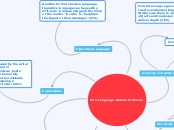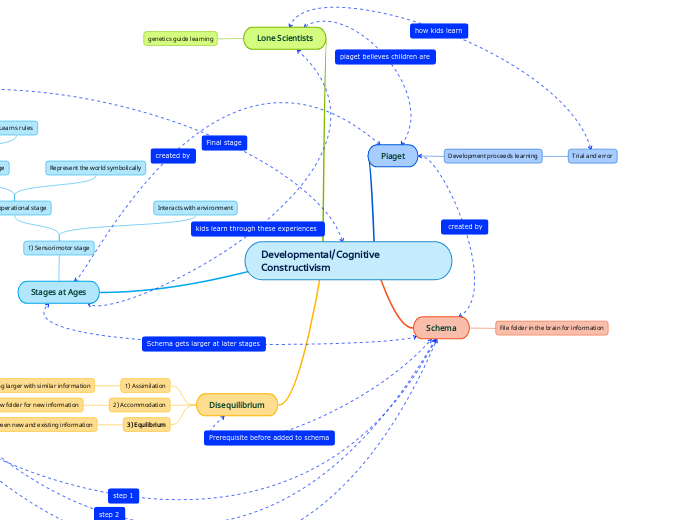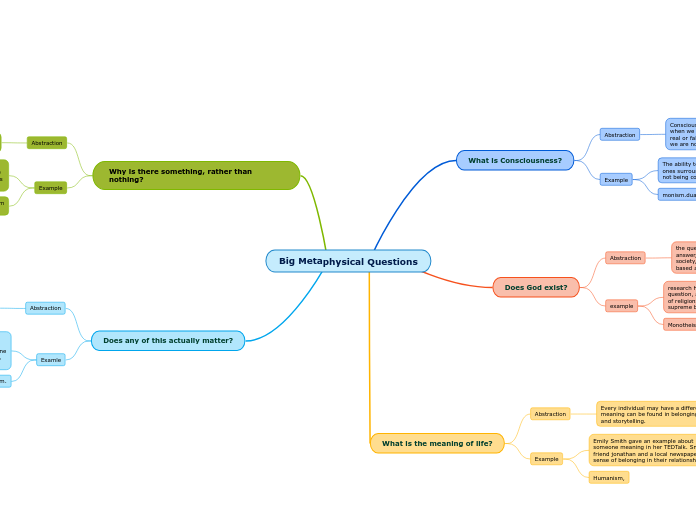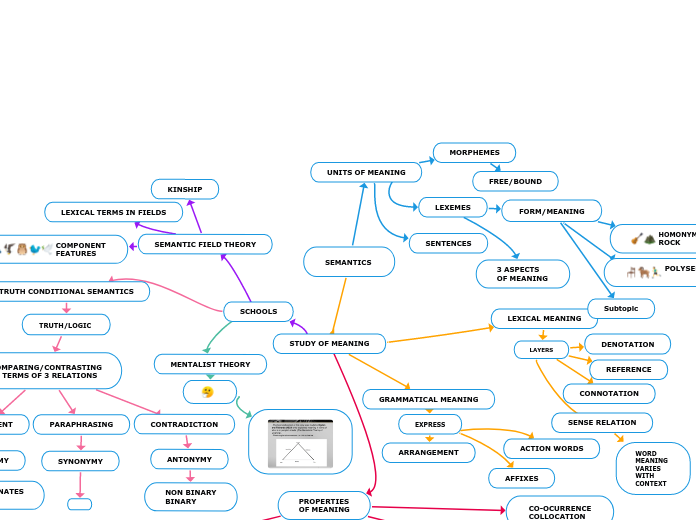CR 9 Language: Richard Ortiz-Luis
Shortcuts
Slogans
Slogans are like clichés in that they are concise and undeveloped arguments (285). They call attention to a problem but can not offer support to the claim.
Clichés
Clichés in writing are viewed by the reader as overused (283). This can lead to no emotive response by the reader as clichés are "tired expressions that have faded like old photographs" (283).
Concrete and Abstract Language
Abstract Words
Writers routinely utilize abstract words and can bolster an argument.
Abstract words are able to "represent the qualities, characteristics, and values that the writer is explaining, defending, or attacking" (282).
Concrete Words
Concrete Language can be used to create vividness in language (282). Writers use them to "point to real objects and real experiences" to deliver depth (282)
Figurative Language
Another form of emotive language, figurative language can be used by writers to "produce images in the mind of the reader" in order to "heighten the impact of their messages" (274).
Euphemisms
Euphemisms can be used by the writer to disguise "unpleasant or unmentionable" events as "polite terms (267). This can be morally irresponsible if the author misleads the audience into believing a negative event didn't occur (267).
Slanting
Slanting is usually used in a negative sense. An arguer utilizes it to convey "the impression that no alternative view exists or can be defended" (272). Slanting in writing suggests a prejudice in one side of a debate.
Connotation
Connotations of words are derived from feelings; they are the meanings "apart from its explicit definition" (RottenBerg and Winchell 266). These are one form of emotive language.









